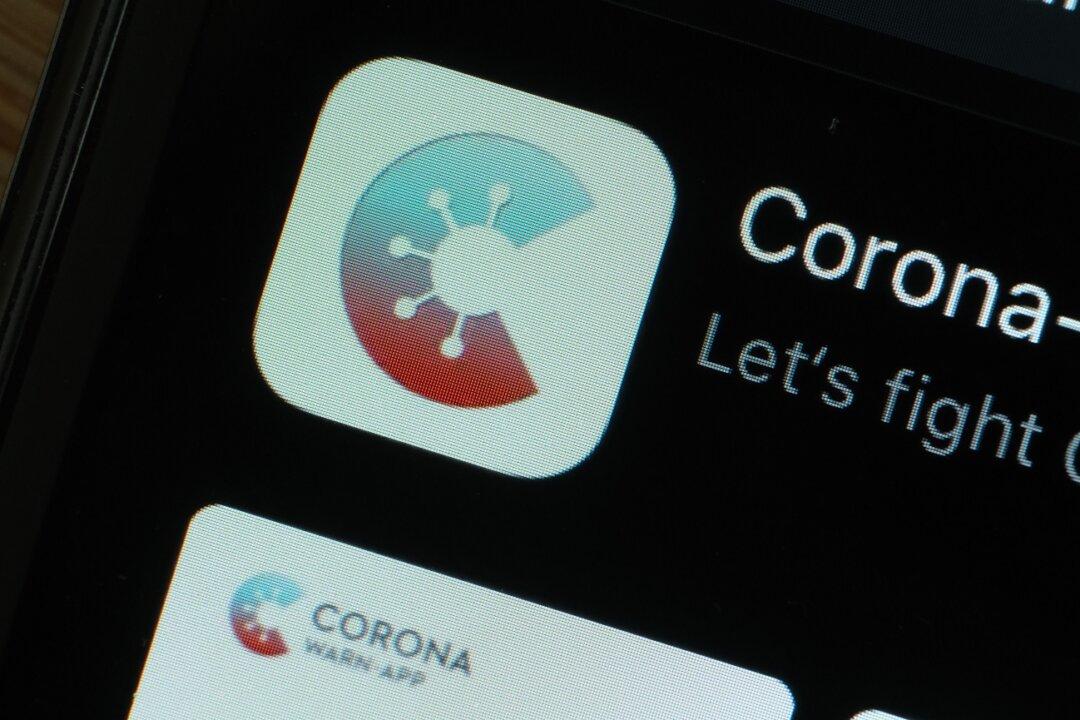As governments gear up contact-tracing efforts aimed at containing the spread of the CCP virus, critics worry privacy will be compromised, which some say could threaten freedom.
The push to implement widespread contact tracing, which involves tracking infected people and those they have come in contact with, comes after months of now-easing lockdowns. Contact tracing is “part of the process of supporting patients and warning contacts of exposure in order to stop chains of transmission” according to the Centers for Disease Control and Prevention (CDC).





